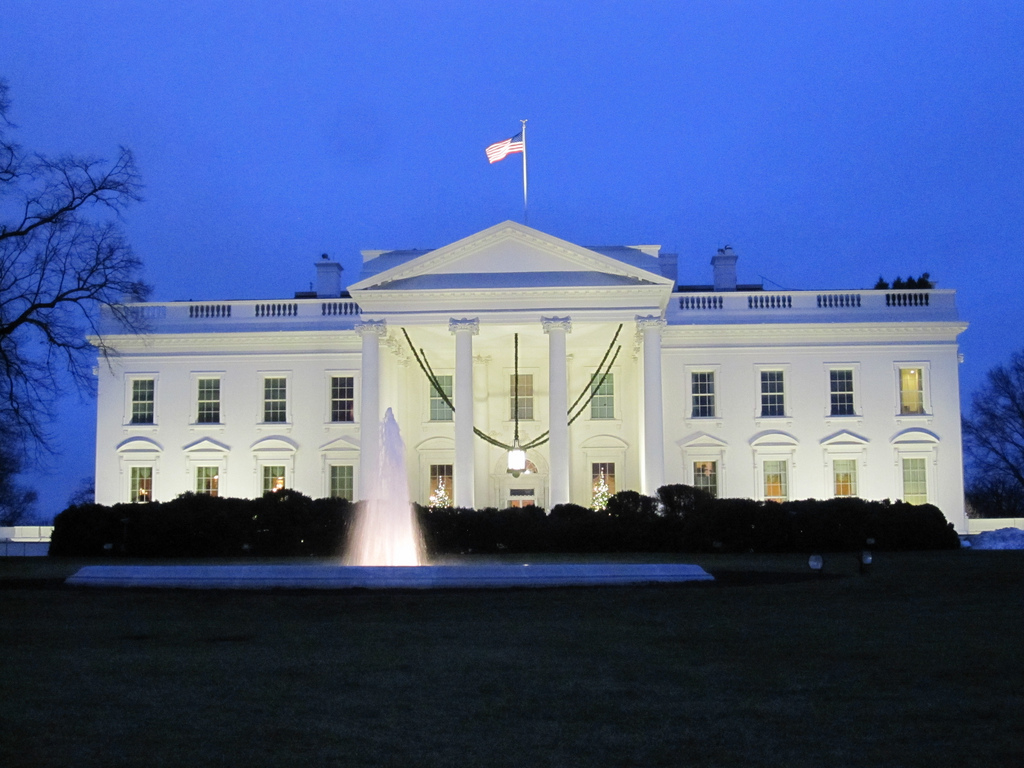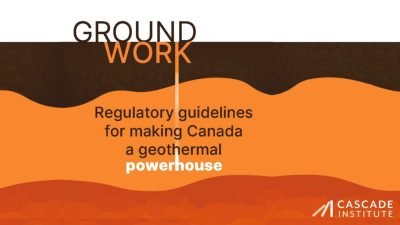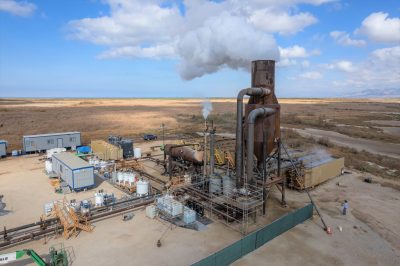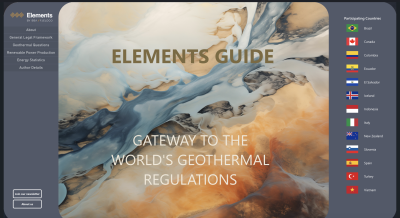Geothermal included in energy sources under Trump’s Emergency Energy Policy
The US geothermal sector stands to benefit from the Energy Emergency Policy recently signed by newly inaugurated President Donald Trump.
One of the major concerns upon the start of the Trump administration in the United States was the curtailment of the momentum of renewable energy growth in the US. Recent developments, however, may indicate that the US government support for geothermal may continue.
On 20 January 2025, the newly inaugurated US President signed a declaration of a National Energy Emergency, stating the urgent need for a reliable, diversified, and affordable energy supply for the country. For the geothermal industry, the most important part of this declaration is the identification of “geothermal heat” as one of the domestic energy sources considered under the energy emergency statement, alongside crude oil, natural gas, coal, refined petroleum products, biofuels, hydropower, and critical minerals.
Most notably, the list does not include solar or wind power.
The listed energy sources stand to benefit from the provisions included in the energy emergency declaration, including:
- The execution of lawful emergency authorities to facilitate the identification, leasing, siting, production, and generation of domestic energy resources, including but not limited to federal lands.
- Expediting of the completion of all authorized and appropriate energy infrastructure, with special emphasis on the West Coast of the United States, Northeast of the United States, and Alaska
- The activation of emergency procedures to fast-track lawful permits and applications pursuant to the Clean Water Act (CWA) and Endangered Species Act (ESA).
- An order to the Department of Defense to assess specific vulnerabilities in the country’s energy infrastructure, witha focus on the Northeast and West Coast regions. This assessment will also identify the requisite authorities and resources to remedy such vulnerability, consistent with applicable law.
Another positive sign for the US geothermal sector is the nomination of Chris Wright to be the head of the Department of Energy. Wright is the founder of oilfield services company Liberty Energy, which is one of the investors of Fervo Energy, a company working on Enhanced Geothermal Systems (EGS) projects in Utah and Nevada.
During a Senate confirmation ceremony, Wright stated that his belief that geothermal is a “tremendous potential energy source” and that he would be a champion for it.
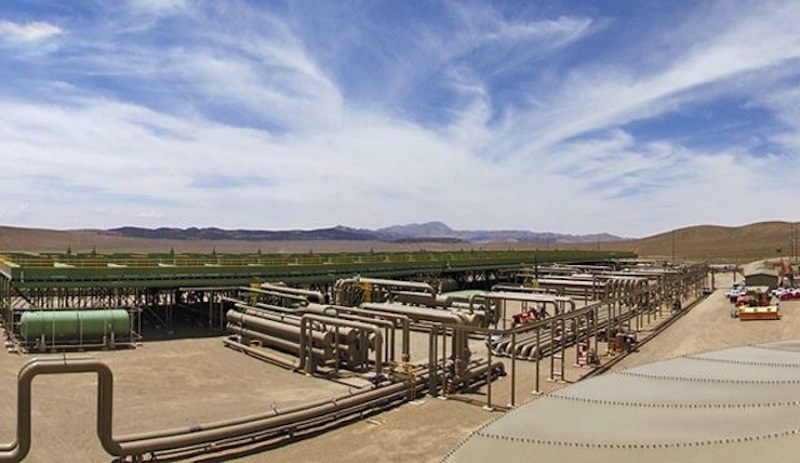
Geothermal has gained strong bipartisan support in the US in recent years, demonstrated by a long-list of pro-geothermal policies that have been proposed and passed both at the state and federal levels. The US Department of Energy has also shown exceptional support for the geothermal sector, increasing awareness for the heating and cooling sector, and providing funding for research in the fields of geothermal exploration, EGS, scale inhibition, and critical minerals research among others.
Source: The White House and The Financial Times (1 and 2)
